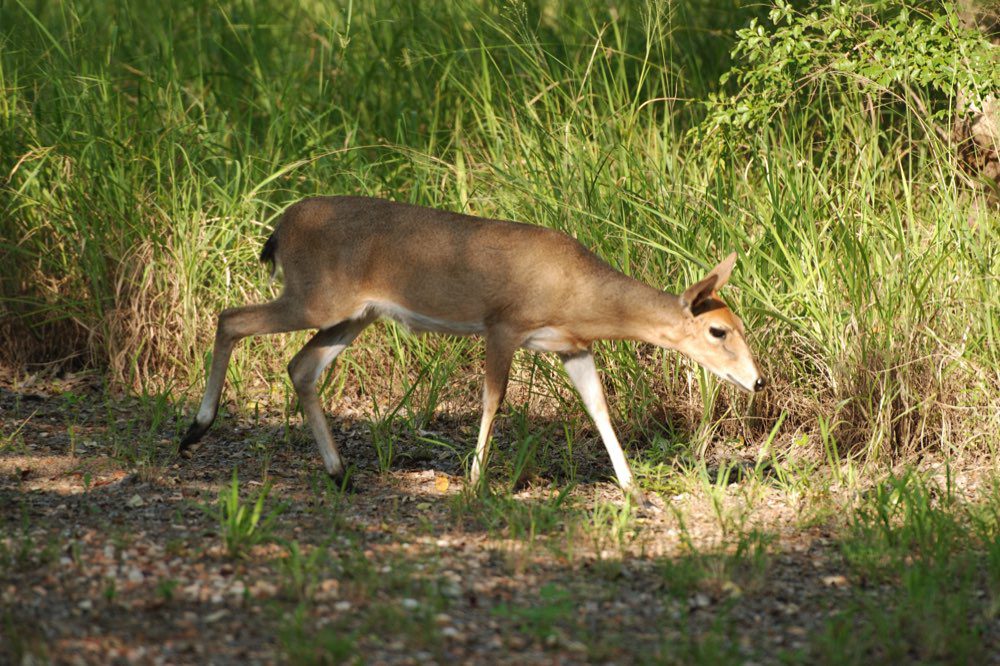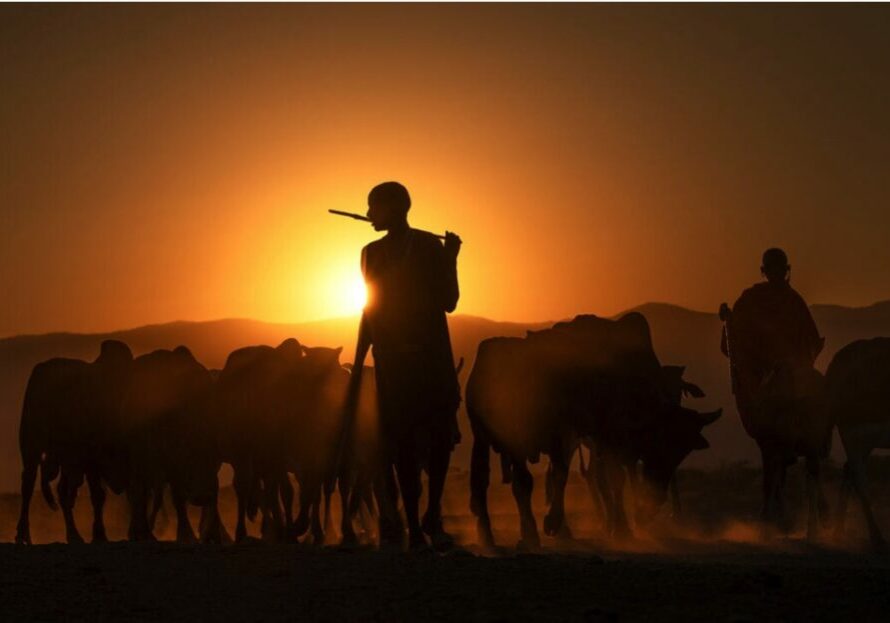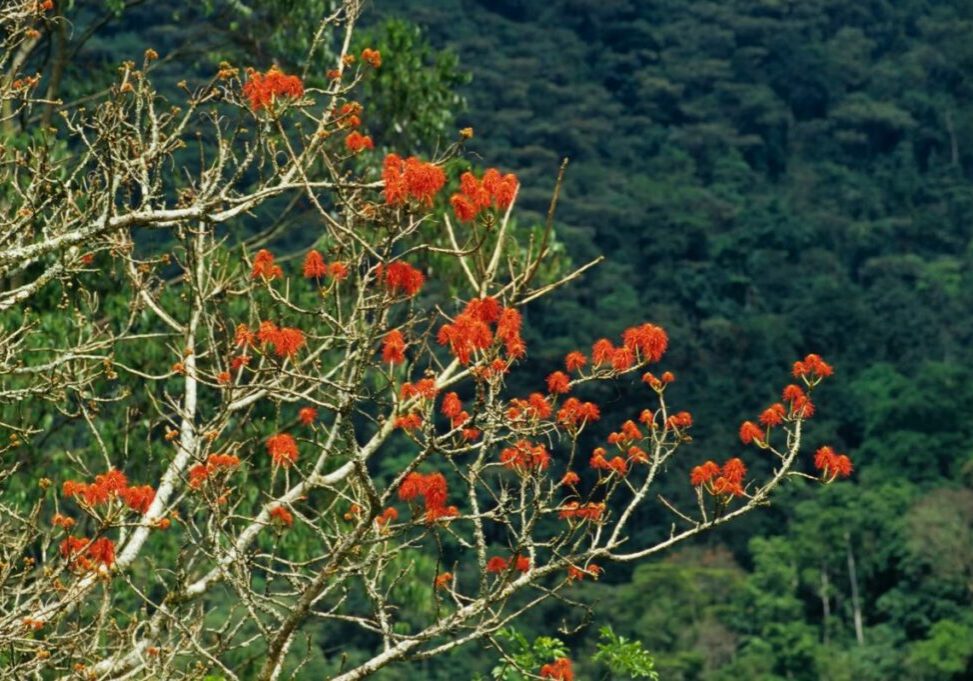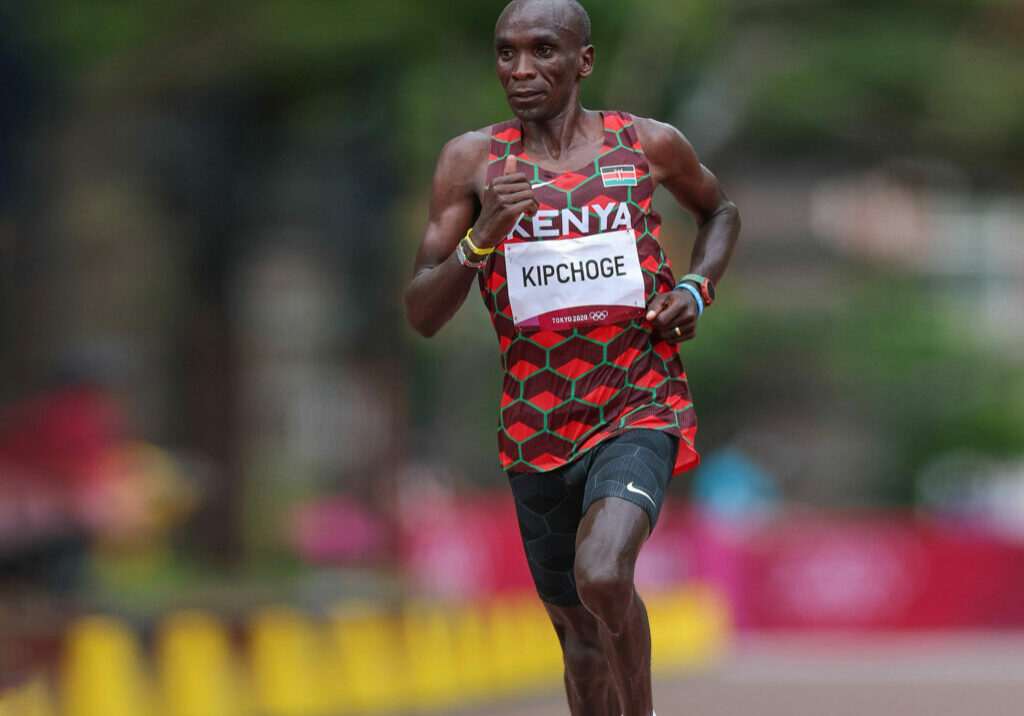In many protected areas, conflict between wildlife and the communities living nearby is a major challenge – and the Mgahinga Gorilla National Park in Uganda is no exception.
It’s not the gorillas that are the problem – in fact, local communities benefit directly from tourists coming to see the mountain gorillas. But other animals including buffaloes, elephants, antelopes, duikers and monkeys regularly leave the park to raid neighbouring farms.
For communities, the losses can be devastating. Losing crops means less income and less food, pushing families deeper into poverty and hunger. Encounters with wild animals can cause injury or even death, and animals may be killed in retaliation or self-defence.
Though farmers are supposed to receive compensation, it doesn’t always make up for what they’ve suffered. This can undermine support for the park and for conservation in general.

© CHRISTIAAN VAN DER HOEVEN / WWF-NETHERLANDS
We believe conservation can only be successful with the support of local people – which is why we’ve been working with our partners at the International Gorilla Conservation Programme (IGCP) to try to improve the situation.
In 2022, thanks to your support, IGCP provided local community organisations with funds to invest in onion farming: 110 smallholders living around Mgahinga Gorilla National Park were given support to plant a three-hectare strip of onion fields between the national park and their farmland.
The idea came from a proposal from the communities themselves. The onions’ pungent smell deters animals from raiding farms, improving harvests for everyone. And the onions themselves are a highly profitable crop, fetching twice the price of the potatoes grown by many local farmers.
The increase in income the onions will provide is expected to have multiple benefits – even helping children to stay in education longer as parents will have the money to pay school fees.
And by reducing conflict with wildlife, the project should improve local support for conservation, helping to secure the survival of the park’s population of endangered mountain gorillas.
It’s not the first time you’ve helped us use novel methods to reduce human-wildlife conflict. In Kenya, for example, we’ve worked with farmers to grow chillies and set up beehive fences to deter elephants from raiding their crops – while also providing an additional source of income.
We know it’s not always easy for people to live in harmony with wildlife, but with your support, we can make it happen.
Adopt a gorilla
You can do even more to support gorillas and communities in Uganda and other countries by adopting a gorilla.


